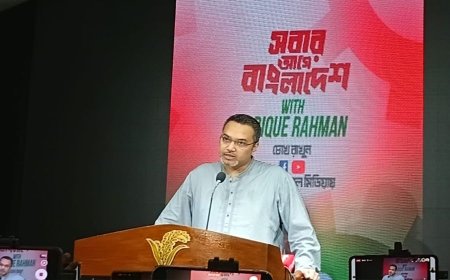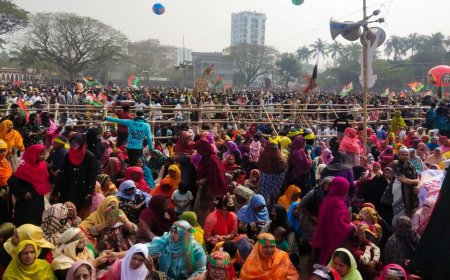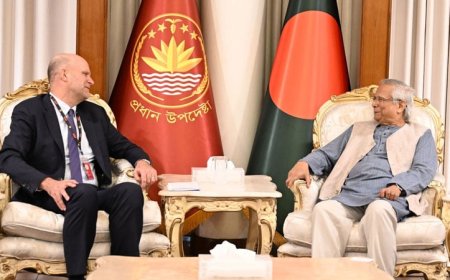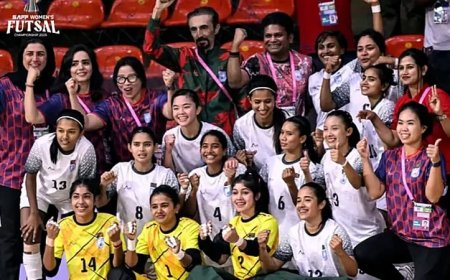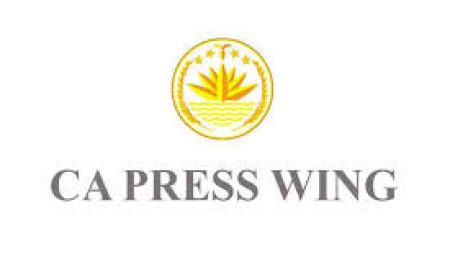The High Court grants BNP intervenor status in the writ petition challenging the 15th amendment
The High Court grants BNP intervenor status in the writ petition challenging the 15th amendment
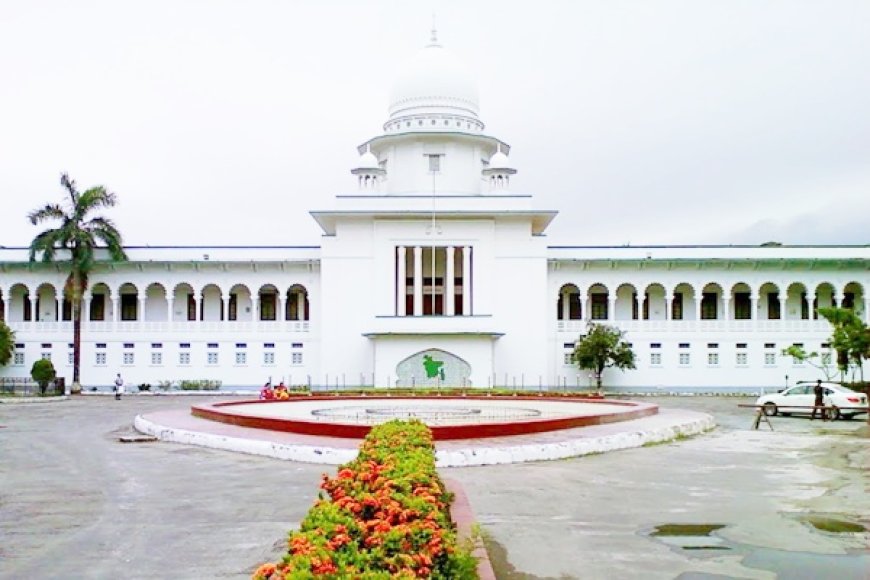
The 15th amendment was enacted on June 30, 2011
Here’s a detailed explanation of the events surrounding the High Court's decision to admit the Bangladesh Nationalist Party (BNP) as an intervenor in a writ petition challenging the 15th amendment to the Constitution:
Background of the 15th Amendment
The 15th amendment to Bangladesh's Constitution was passed in the National Parliament on June 30, 2011. This amendment brought about several significant changes:
1. Recognition of Sheikh Mujibur Rahman: The amendment formally acknowledged Sheikh Mujibur Rahman as the "Father of the Nation," a title that carries great historical and political significance in Bangladesh.
2. Abolition of the Caretaker Government System: One of the most controversial aspects of the 15th amendment was the elimination of the caretaker government system. This system had previously provided a neutral administration to oversee general elections, ensuring fair and transparent elections without partisan influence. Its removal sparked widespread debate and concern about election integrity.
3. Increase in Reserved Seats for Women: The amendment also raised the number of reserved seats for women in Parliament from 45 to 50, aiming to increase women's representation in government.
BNP’s Involvement in the Writ Petition
A writ petition was filed to challenge the legality of the 15th amendment, specifically questioning the constitutionality of the abolition of the caretaker government. The BNP, a major opposition party in Bangladesh, sought to become an intervenor in this petition. As an intervenor, the BNP would not be the main petitioner but would have the right to participate in the legal proceedings and present arguments, reflecting the party's stance on the caretaker government and other issues.
High Court's Decision on BNP's Intervention
The High Court, in response to the BNP's application, allowed the party to participate as an intervenor in the case. This decision was made by a bench consisting of Justice Farah Mahbub and Justice Debasish Roy Chowdhury. BNP Secretary General Mirza Fakhrul Islam Alamgir submitted the intervention request, which was subsequently accepted by the court.
Legal Representation and Proceedings
The legal team representing the petitioners was led by **senior lawyer Zainul Abedin**, a prominent figure in the legal community. This team is challenging the amendment based on arguments that abolishing the caretaker government system may compromise the fairness of elections and undermine democratic processes.
High Court's Rule on the 15th Amendment
On August 19, the High Court issued a rule—a legal order—questioning why the 15th amendment should not be declared unconstitutional, particularly due to its elimination of the caretaker government system. This rule effectively requires relevant parties to explain why the amendment should be upheld and addresses broader concerns about its potential impact on democracy and election integrity.
Implications of the High Court's Actions
The High Court’s willingness to consider the BNP’s intervention and question the legality of the 15th amendment reflects the judiciary's role in reviewing constitutional changes, especially when they involve fundamental democratic principles. If the High Court eventually rules that parts of the 15th amendment are unconstitutional, this could lead to significant political and legal repercussions, potentially reinstating the caretaker government system or other provisions of the pre-amended Constitution.
15th Amendment (2011): Abolished the caretaker government system, recognized Sheikh Mujibur Rahman as "Father of the Nation," and increased women’s reserved seats in Parliament.
BNP's Role: Approved as an intervenor, BNP can participate in the legal challenge against the amendment.
Current Legal Challenge: The High Court's rule asks for clarification on why the amendment, especially the removal of the caretaker government system, should not be deemed illegal.
Potential Outcome: A ruling against the 15th amendment could reintroduce the caretaker government system and significantly influence Bangladesh's political landscape.
This legal process is a key moment in Bangladesh’s constitutional history, highlighting ongoing tensions over democratic governance and electoral fairness.
What's Your Reaction?







